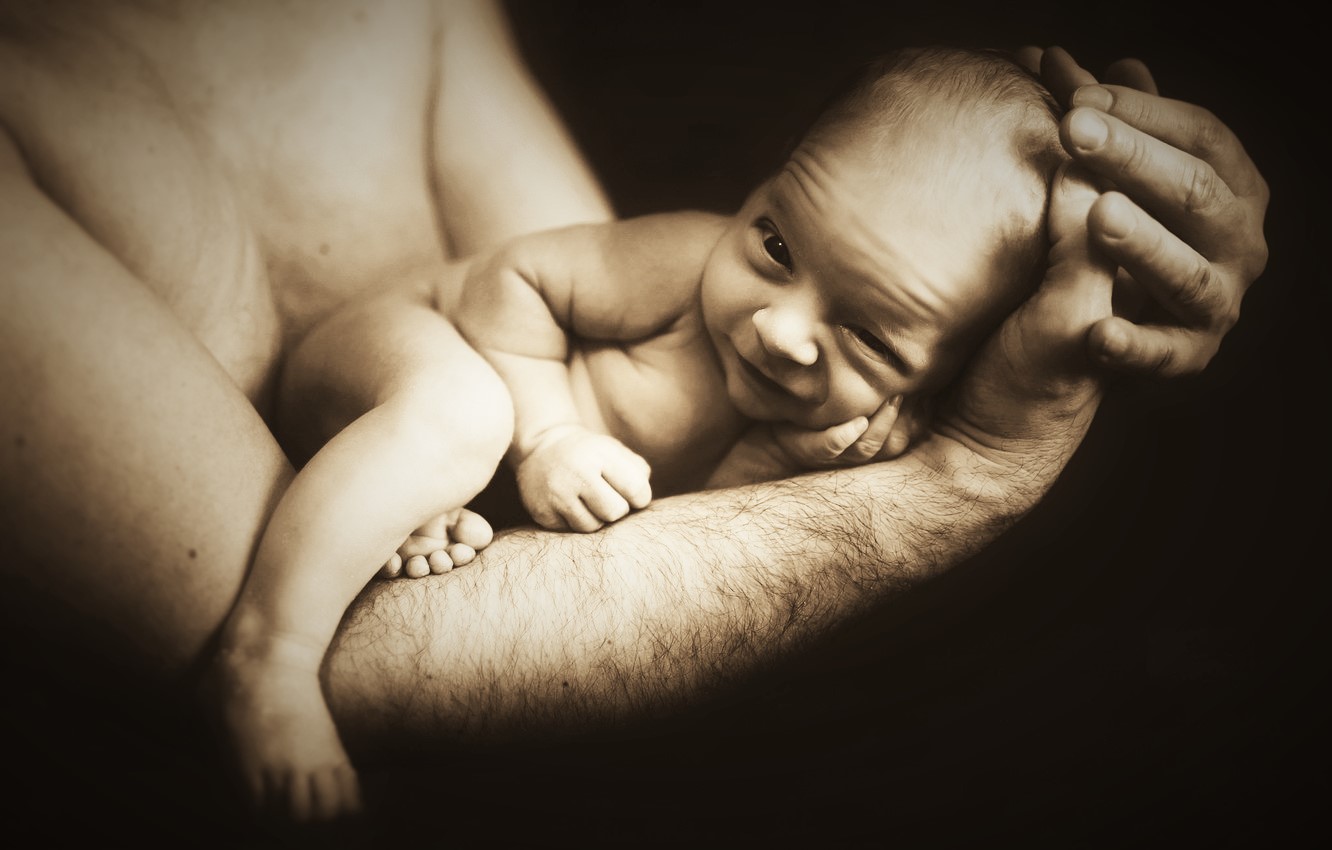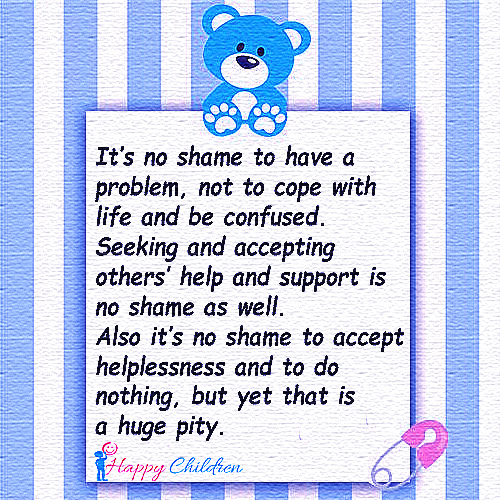If your child becomes upset and cry when separates from you, he/she probably feels separation anxiety.
What is separation anxiety?
Separation anxiety is the type of anxiety in which an individual experiences excessive fear regarding separation from home or from people to whom the individual has an emotional attachment.
Separation anxiety is a normal part of kids’ development. But, it can become so pronounced in some kids that cause huge problems. Some of the problems are distrust in others, the stress in kids and the other family members, interfering with the normal activities, such as playing with other kids or going to school,… In order to avoid those problems, this article is intended to help parents to understand and manage separation anxiety in kids.
What influence the separation anxiety?
The intensity and duration of the separation anxiety vary from kid to kid. That depends on kids’ personality and age, experiences with others, and confidence in the environment.
Personality
The kid’s personality plays an important role when it comes to separation anxiety. Introvert kids are more likely to feel separation anxiety than extrovert kids. Namely, introvert kids are cautious and they tend to spend most of their time close to their parents. Unlike them, extrovert kids are so curious that separation from their loved ones makes no problem for them just in order to satisfy that curiosity. The parents of such curious kids sometimes wish that their kids accept separation from them a little harder, especially in the modern age when danger lurks around every corner.
The age of kids
All of us are familiar that older kids accept separation from their parents more easily than younger. But, do you notice that a strange can calm a newborn baby more easily than an older baby? The explanation is that newborn babies are fully turned to own body and not to mind, so they can accept the support that consists of carrying, warming, feeding, even when it comes from an unknown person. As babies develop, they become more aware of others and selves and begin to look for emotional support more than physical.

However, separation anxiety is the most pronounced in kids at age from 8 months to 3 years. After 3 years of life, it becomes weaker. With this in mind, we shouldn’t be surprised by the fact that fear of strangers becomes weaker at this age as well. A 3-year-old kid begins to show more interest in other kids and adults.
However, the fear of separation never goes away. It’s normal that separation anxiety appears in adults in some situations. Each of us is more secure in a familiar environment among familiar people than in a strange environment among strangers. But, if some person makes life difficult by feeling constant fear of separation from home or familiar people, he/she should ask an expert for help.
Experience with others
When it comes to strange people and separation from familiar, kids who are in regular interaction with different types of people are less anxious than kids which don’t have enough interaction. Also, kids from big families don’t show fear of separation so often as kids from smaller families.
Fear of strangers and separation anxiety
Separation anxiety is usually associated with fear of strangers. Fear of strangers is most apparent in 8 months old babies. However, some kids begin to feel this fear even at the age of 5 months or at the age of 2 years.
The fear of strangers is most often explained by the fact that a child begins to make a difference between loved ones and those who are distrustful (see Cognitive Development of Babies and Bowlby Theory). During the first months, kids begin to make a difference between familiar people and strangers. In this process, tactile perception is more important than visual perception. So, when a stranger takes a 2-month-old baby into his arms, the baby will probably cry. The baby feels the difference when an unknown person is holding him/her. Also, babies may feel aversion to a stranger if his smell and voice are unknown.
Although the fear of strangers in kids usually makes problems for parents, it has good sides as well. At first, it signifies that kids are mature cognitively enough to make a difference between familiar and strange people. Also, the fear of strangers compels kids to be close to those who care for them during their first years of life.
Trust in the environment
The environment also determines how a kid will behave when is apart from parents. For example, if a child knows the place at which he or she is playing, the kid will accept separation from parents more easily than if he/she is on some playground for the first time.
The well-being of kids depends very much on their attachment with parents. Actually, they feel like they lose something very valuable with the parent’s departure. However, creating trust in other people in kids will help kids to be less disturbed during the absence of parents. So, parents should allow other people, of course, those of trust, to be close to their kids. Those others, for example, grandparents, may feed kids or talk to them. In this way, kids learn to stay calm with others and not just with their parents.
However, many parents cannot accept the feeling that someone can replace them at least for a short while. Also, many parents consider that they are required for many kids’ activities in which kids actually need to be on their own. But, that sense of over-engagement can make the situation more difficult for kids. Likewise, a child who is incapable of falling asleep alone or having fun without the parents’ help will make a problem when he or she is separated from them.
A child who expresses an excessive and constant fear of separation from parents actually shows insecurity about them. Excessive fear means that a child becomes very upset when parents leave him or her alone with some familiar person. Such a child has disturbed trust in a parent not believing that the parent will return if he left.
How to help kids with separation anxiety?
We offer many ways to help kids with separation anxiety.
In the end…
I know that leaving your child which cries at every your departure isn’t easy for you. But, just follow our tips, and probably this problem will pass without consequences. As has been noted, separation anxiety is a normal stage of kids’ development. But still, if separation anxiety in your kid complicates his/her and your life significantly, our advice is to seek professional help.

You should know that you are not alone. You can find help from Amy McCready and her team on the Positive Parenting Solution. They have helped many kids to overcome anxiety. Also, you can ask us to help you. We acknowledge that we don’t have all the answers even though we are experts. But, unlike many other experts whose goal is only to make money, first and foremost, we are the human that care truly and want to help…
